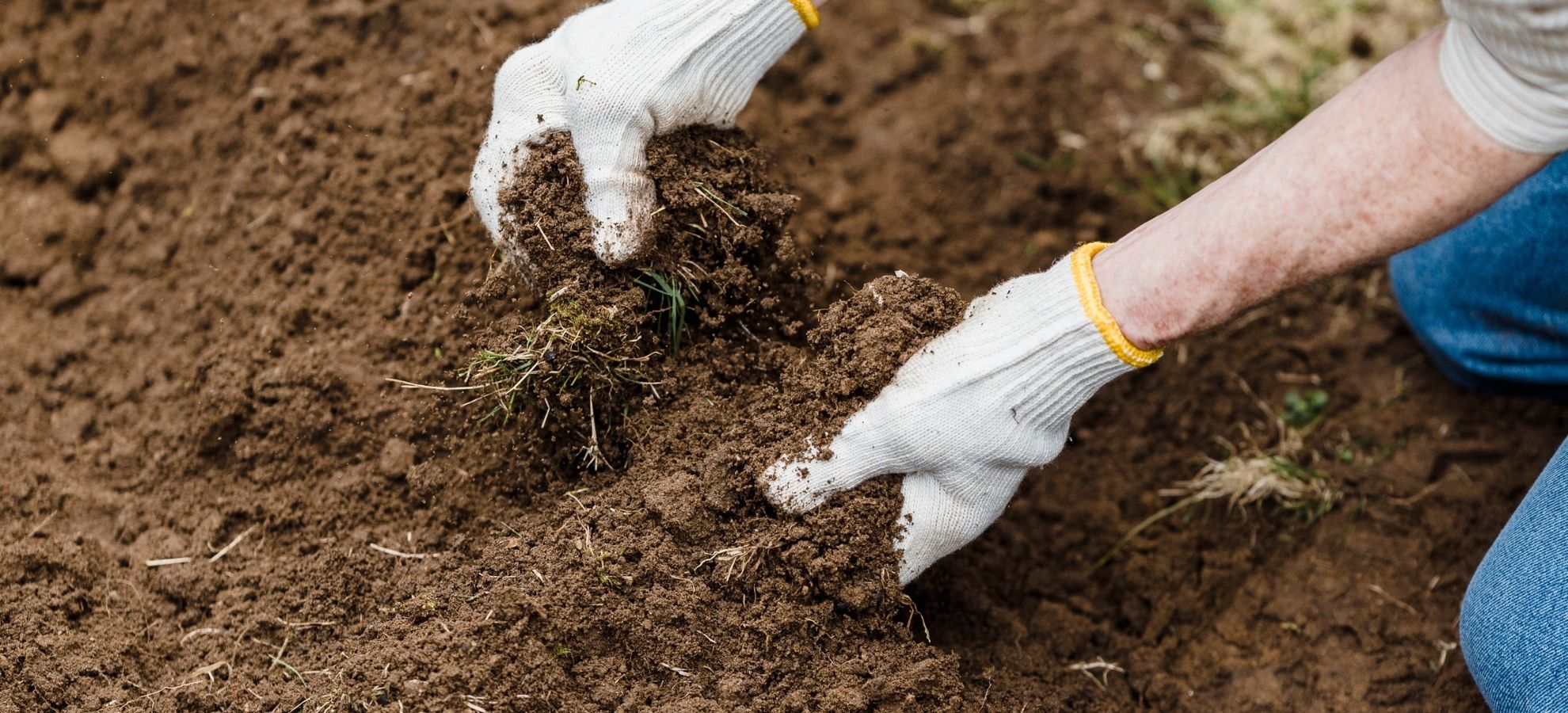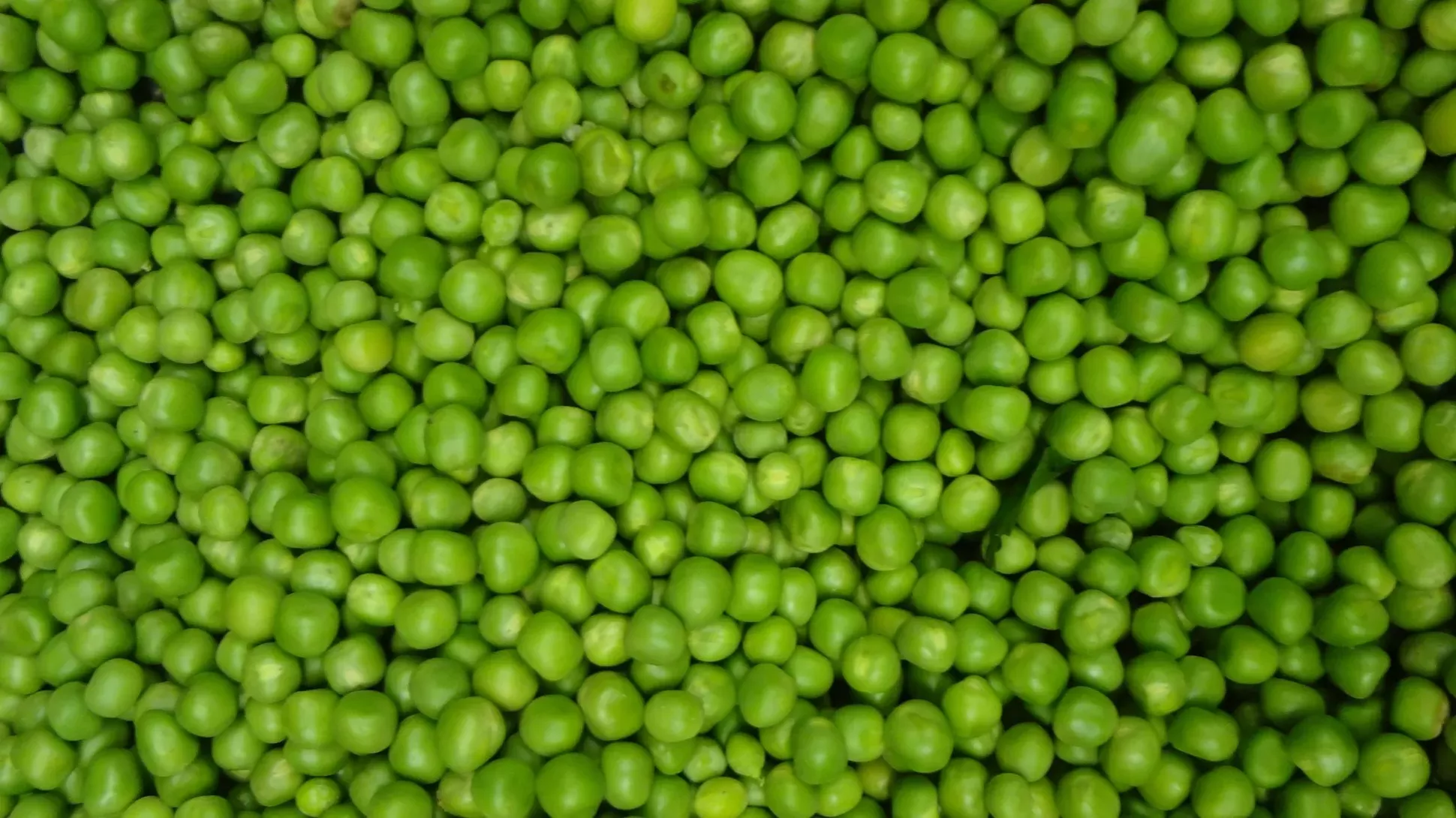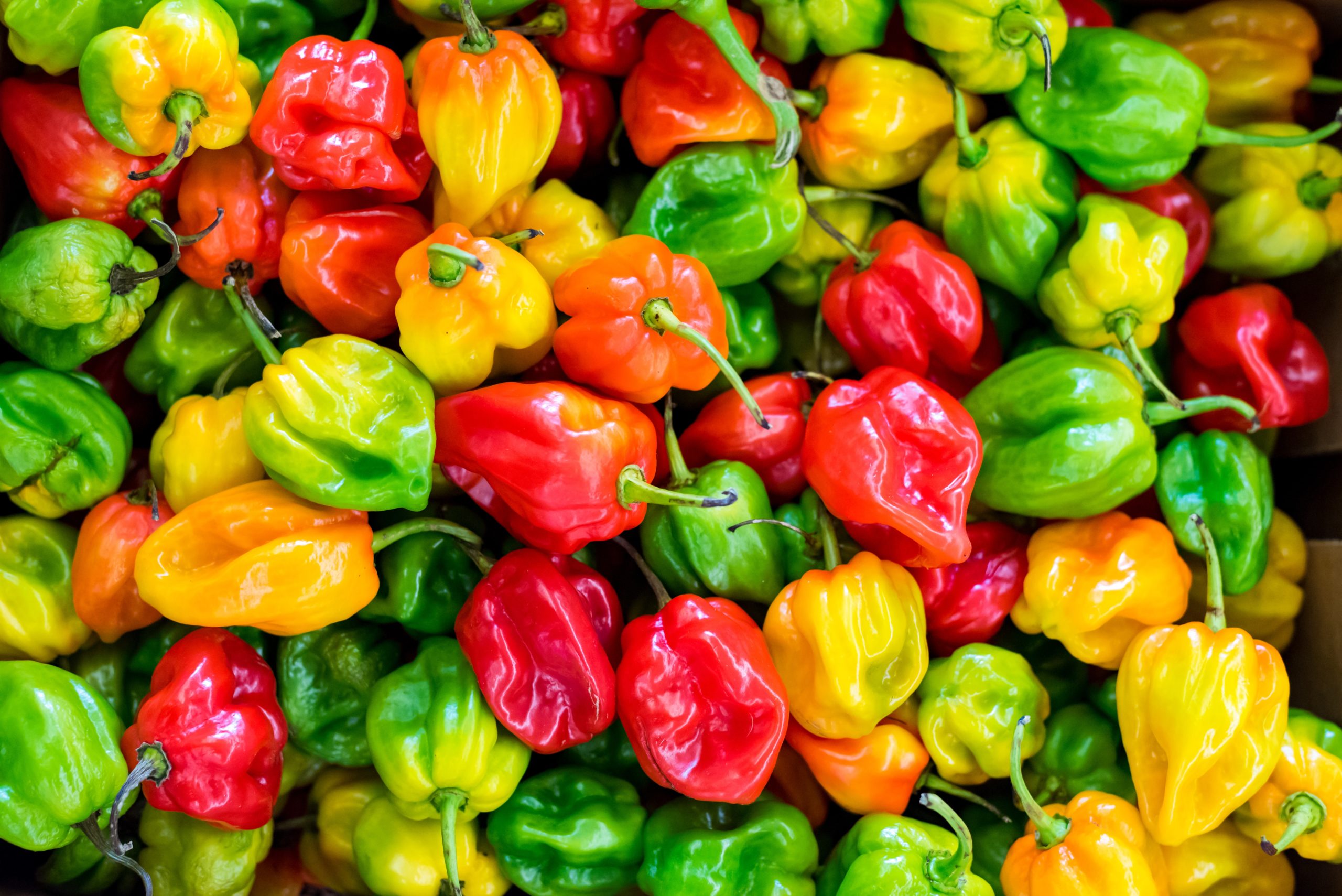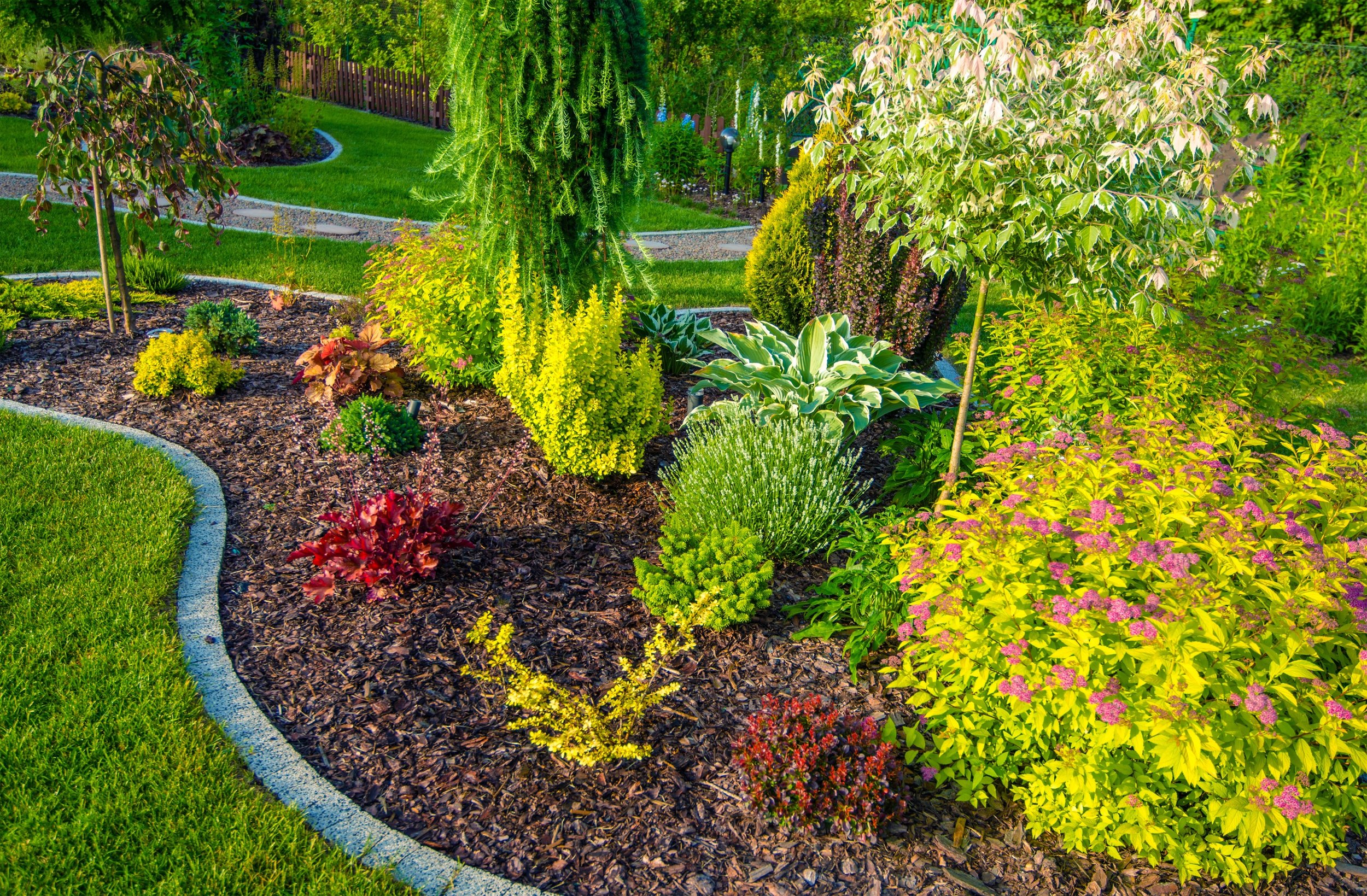A Timeless Approach to Growing Your Own Food
Soil-based gardening, a traditional method of cultivation, has seen a resurgence in recent years as people seek more sustainable and organic ways to grow their own food. This method involves planting seeds or seedlings directly into soil, rather than using hydroponic or aeroponic systems.
Why Soil-Based Gardening?
- Nutrient-Rich Environment: Soil provides a natural reservoir of essential nutrients that plants need to thrive.
- Stronger Root Systems: Growing in soil encourages the development of robust root systems, leading to healthier and more resilient plants.
- Improved Flavor: Soil-grown produce often has a richer, more complex flavor compared to hydroponically grown crops.
- Environmental Benefits: Soil-based gardening helps maintain soil health, reduces water usage, and minimizes the need for chemical fertilizers and pesticides.
Key Considerations for Soil-Based Gardening
- Choosing the Right Soil:
- Quality Matters: Opt for a well-draining, nutrient-rich soil that suits your specific plants.
- Soil Tests: Consider conducting a soil test to determine its pH level and nutrient content.
- Soil Amendments: Add organic matter like compost, manure, or worm castings to improve soil fertility.
- Planting Techniques:
- Direct Sowing: Plant seeds directly into the soil at the appropriate depth and spacing.
- Transplanting Seedlings: Gently transfer seedlings from pots or trays to the garden bed, ensuring minimal root disturbance.
- Watering:
- Deep and Infrequent: Water deeply and less frequently to encourage deep root growth.
- Mulching: Apply a layer of mulch to conserve moisture, suppress weeds, and regulate soil temperature.
- Fertilizing:
- Organic Fertilizers: Use organic fertilizers like compost tea, fish emulsion, or bone meal to provide essential nutrients.
- Balanced Feeding: Avoid over-fertilizing, as it can harm plants and the environment.
- Pest and Disease Management:
- Natural Predators: Encourage beneficial insects like ladybugs and lacewings to control pests.
- Organic Pesticides: Use organic pesticides as a last resort and follow label instructions carefully.
- Crop Rotation: Rotate crops annually to break disease cycles and reduce pest populations.
The Rewards of Soil-Based Gardening
Soil-based gardening offers countless benefits, including fresh, healthy produce, a connection to nature, and a sense of accomplishment. By embracing this traditional method, you can contribute to a more sustainable future while enjoying the fruits of your labor.
[Insert Image of a lush vegetable garden]
Would you like to know more about specific techniques or plant care tips for soil-based gardening?



